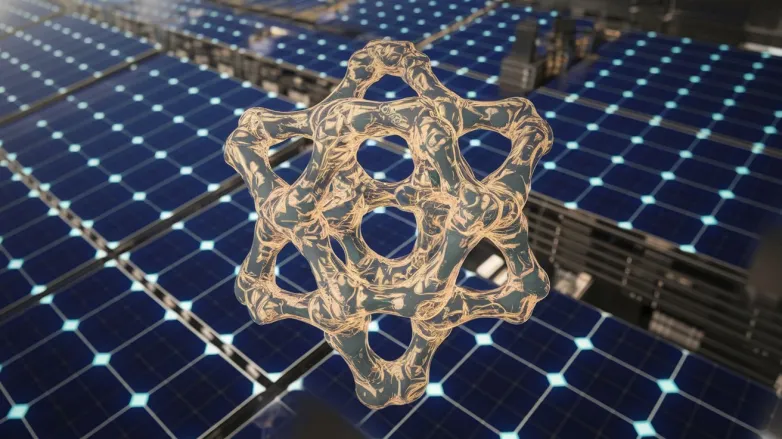Masdar Teams Up for Floating Solar Project Study
- Masdar teams up with Sarawak Energy and Gentari to explore a groundbreaking floating solar park, poised to boost Malaysia’s renewable energy transition and sustainability goals.

Masdar, a UAE-based renewable energy developer, has partnered with Malaysia’s Sarawak Energy and clean energy provider Gentari to explore the feasibility of a floating solar park in Sarawak, on Borneo island. The joint study will focus on assessing technical, environmental, and economic aspects for a potential large-scale installation at the Murum hydropower plant reservoir.
If the assessment yields favorable results, the project could enhance Sarawak's renewable energy capacity and contribute to Malaysia’s goals of achieving a 31% renewable energy share by 2025 and 40% by 2035. The initiative aligns with Masdar's broader strategy to advance renewable projects in Malaysia, following a prior agreement to develop up to 10 GW of renewable energy capacity.
What are the implications of the floating solar park project for Sarawak's energy goals?
Implications of the Floating Solar Park Project for Sarawak's Energy Goals
- Increased Renewable Energy Capacity: The floating solar park could significantly boost Sarawak's renewable energy generation, helping the state meet its ambitious targets for renewable energy integration. This aligns with Malaysia's broader goals to increase the renewable energy share in its energy mix.
- Synergy with Existing Hydropower Infrastructure: By leveraging the Murum hydropower plant reservoir, the floating solar project can operate alongside existing hydropower resources, optimizing land use and enhancing overall energy efficiency in the region.
- Diversification of Energy Sources: The project introduces solar energy into Sarawak’s energy mix, reducing reliance on traditional fossil fuels and promoting energy diversification. This can also help stabilize energy prices by mitigating fluctuations caused by fuel market volatility.
- Environmental and Ecological Benefits: Floating solar panels can reduce water evaporation from reservoirs, which is particularly important in tropical regions where water conservation is critical. Moreover, when properly designed, these systems can have lower ecological footprints compared to land-based solar farms, preserving local ecosystems.
- Economic Opportunities: The construction and operation of the floating solar park can create jobs and stimulate local economies. This may involve workforce training in renewable energy technologies, thereby enhancing local capabilities and creating skilled employment opportunities.
- Attraction of Foreign Investment: Collaborations with international companies such as Masdar can attract further foreign investment in Sarawak’s renewable energy sector. This presents opportunities not only for funding but also for technology transfer and capacity building.
- Promotion of Sustainable Development Goals (SDGs): By advancing renewable energy projects, Sarawak can contribute to several United Nations Sustainable Development Goals, including Affordable and Clean Energy (Goal 7), Climate Action (Goal 13), and Decent Work and Economic Growth (Goal 8).
- Scaling Up Future Projects: Success in the feasibility study and subsequent implementation of the floating solar park can serve as a model for future renewable energy projects in Sarawak and across Malaysia. This may encourage similar initiatives in other regions, further enhancing the country's renewable footprint.
- Resilience to Climate Challenges: By investing in renewable energy sources like solar, Sarawak can enhance its resilience to climate change and extreme weather events, reducing vulnerability to power outages caused by climate impacts that affect traditional energy sources.
- Community Engagement and Support: The project can foster community awareness and support for renewable energy initiatives through educational programs and stakeholder engagement, ensuring that local populations are informed and involved in the transition towards sustainable energy solutions.
- Technology Development and Innovation: The floating solar park presents an opportunity to innovate in renewable technology, potentially leading to advancements in solar efficiency, energy storage, and grid integration that can benefit not just Sarawak but the broader region.
In summary, the floating solar park initiative has the potential to significantly impact Sarawak's energy goals by augmenting renewable generation, promoting sustainable practices, and facilitating economic growth and community involvement in the transition to a greener energy future.
Also read

